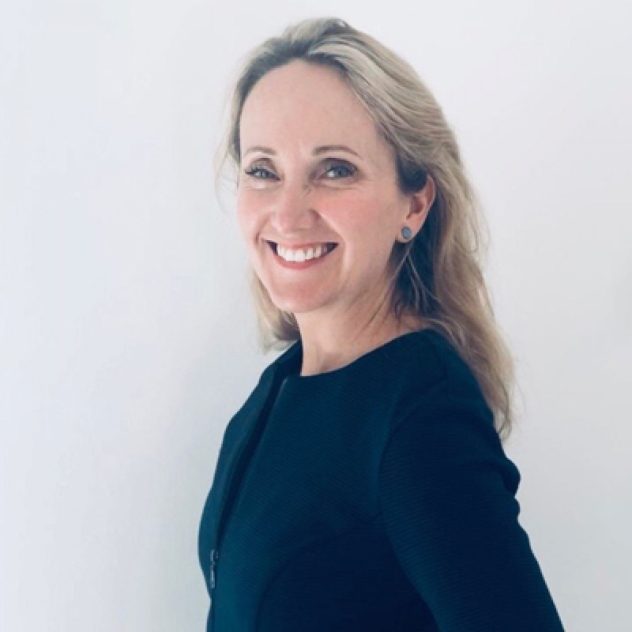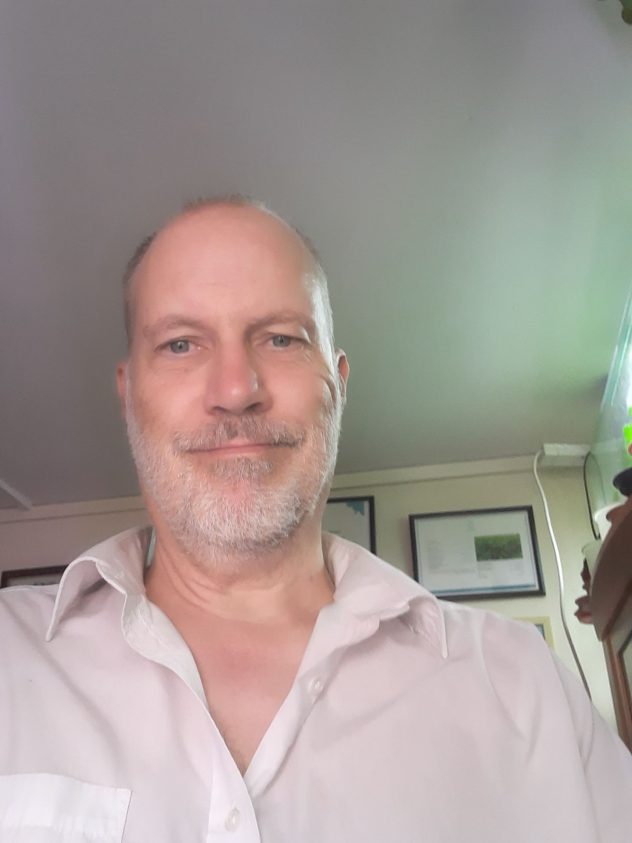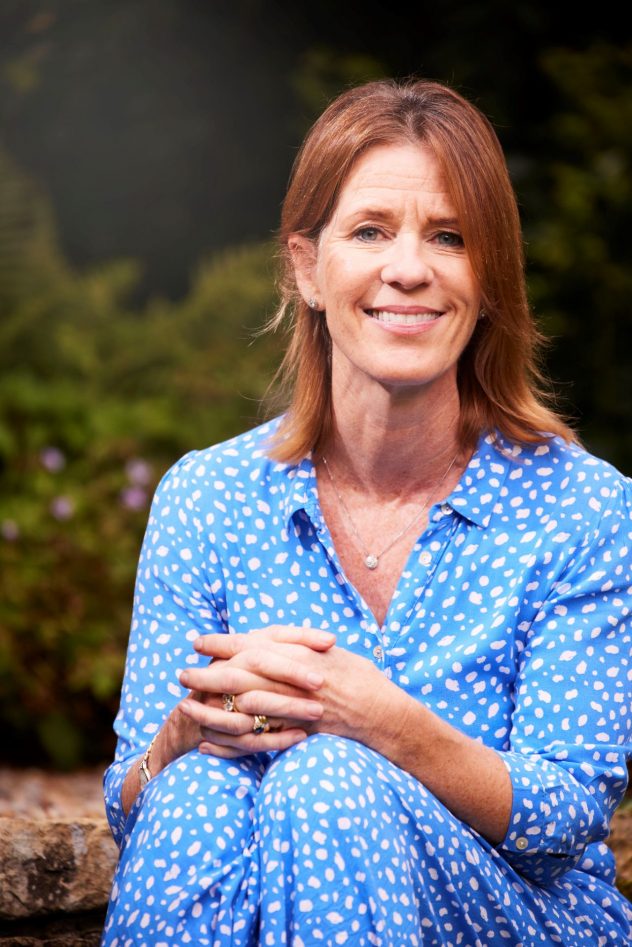by Helena Dias
I bet if you were told that you could train your mind and connect with others, without saying a single word, you wouldn’t believe it.
Neuro-Linguistic Programming, or NLP—simply put, an ‘Instruction manual for the mind’—doesn’t teach us how to read or control minds. Instead it teaches us how to deal with our own emotions and how to build rapport with others. Through a simple set of tools, you can improve the way you see yourself and others and, in turn, the way people see and interact with you.
Background

Therapeutic Intervention?
I first came across NLP when I was battling anxiety and Nyctophobia—fear of the dark. I’d tried Cognitive Behavioural Therapy, yoga and meditation. All helped, but only for a short period, after which the negative feelings would always come back. A friend suggested I try hypnotherapy and I started seeing a therapist that combined hypnotherapy with NLP. After the session he would give me techniques to practice on my own and for the first time I felt empowered and in charge of my own recovery process.
Seeing the results in myself led me to start my own NLP practitioner journey with the aim of helping others.
NLP was developed in the 1970s in California by psychologist Richard Bandler and linguist John Grinder. They believed it was possible to combine techniques from different forms of therapy and self-help practices to create a tool kit for the mind.
Take our fight or flight response. It was designed to aid survival in dangerous or threatening situations, and yet most of us are no longer in constant contact with danger. We become fearful of something going wrong even when we have no proof that it will go wrong. We develop phobias of things that can’t really harm us, and we create ideas and thoughts in our brain to counter these phobias, manifesting anxiety, stress and fears in physical form. NLP teaches us to use our brain power in a way that can dismantle these ideas and thoughts and impact us more positively.
How NLP benefits individuals
NLP can increase our self-worth and confidence leading to better communication, influence, and leadership skills. It works by changing the way we talk (linguistic) to, and about, ourselves (neuro-brain).
In NLP the use of the word “don’t” is discouraged. It is based on the belief that our brains find it difficult to process negative statements. We respond better when we think about the things we want to happen, rather than those we don’t.
For example, you could approach the following situation in two ways:
Negative: I’m prepared, therefore I won’t fail this presentation.
Positive: I’m prepared, therefore I will give a great presentation.
To negate a fear, first we must think of that fear and make it more present in our mind. For example, if I tell you to not think of a blue tree you first need to think of the blue tree to tell your brain to not think of it. If we can visualise our success instead, we present ourselves in a more confident way, leading others to trust us.
How NLP benefits our dealings with others:

Body Talks?
When we consider that 93% of our communication is non-verbal, it makes sense to pay attention both to our own body language and others’, and use our observations to help build rapport.
When we meet people for the first time, we may have the feeling that we’ve met them before. We feel comfortable around them. NLP teaches us to label this experience body language matching or mirroring.
We can then use those labels and knowledge to connect and build rapport with others. For example, if you are in a meeting and you want to connect with the person you are presenting to, observe their body language and try mirroring it by moving your hands at a similar speed, smiling, or leaning in the same direction as the other person. The idea is that this will bring us towards the other person’s world and help them feel more comfortable and more open to connect with us.
We can also use other people’s body language to help us determine the words we choose. For example, through eye patterns we can determine which ‘sense’ is more dominant for that person, and how they might be thinking. NLP classifies these senses into Visual, Auditory and Kinaesthetic.
When we are asked questions, we go to our brain “draws” to pick the information before we answer. Even though the action might take less than a second, after a few questions it becomes easier to identify which ‘sense’ the other person is using and adapt our language to better connect.

Connecting the Dots
A person who often looks down to the left when asked a question would be classed in NLP terms as more kinaesthetic, i.e. they are more connected to feelings and actions. When describing something to that person we may get better results if we talk about how an experience made us feel: ‘I came out of the house and I felt the sun on my face.’
By using language that others identify with we manage to connect and go into their world, leaving them more open to what we have to say.
In conclusion
NLP can produce results almost instantly but to see long-term benefits it requires practice.
The beauty of it is that we can come back to it at any time and any place. It helps us understand ourselves, be more confident and calmer under pressure. The more in control o f our emotions we are the more we can connect with others.
f our emotions we are the more we can connect with others.
Our Writing for Business and Copywriting courses include the opportunity for students to pitch and be published on our blog. This week’s blog was pitched and written by Writing for Business student Helena Dias. Helena is a Conference Organiser for UNISON and has been working in events for more than ten years. She is currently training to become an NLP practitioner with Toby and Kate McCartney.
For more on all our writing courses visit our home page HERE.





























Recent Comments